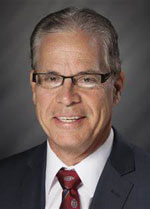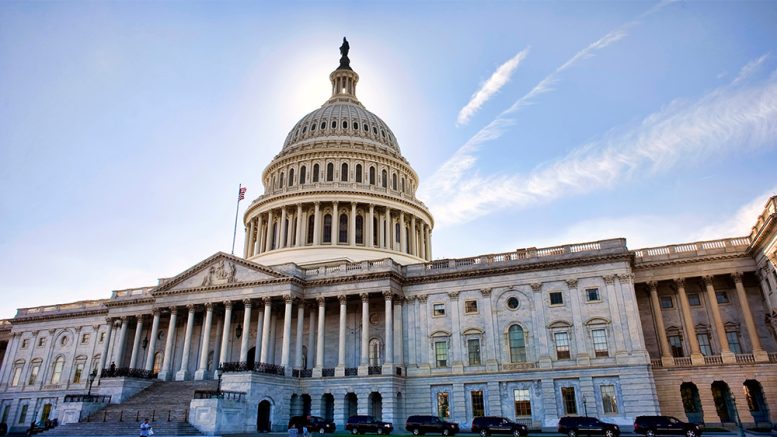Submitted

Braun
On Aug. 22, U.S. Senate Special Committee on Aging Ranking Member Mike Braun held a field hearing titled, “Economic Challenges and Opportunities for Older Americans” in Indianapolis. The hearing examined obstacles older Americans have faced under recent economic conditions, approaches to alleviating these burdens, and opportunities ahead.
Sen. Braun’s remarks appear below.
Ongoing economic challenges
Older Americans play critical roles throughout the economy, in businesses and law enforcement, on family farms, and as workers and members of the community.
Earlier this year, a report from this Committee found that 43 percent of older Americans thinking about rejoining the workforce – or “un-retiring” – were doing so because of inflation. In July, prices rose again and were up almost 5 percent from last year. Inflation is still high years after pandemic-driven emergency spending, and it’s still hitting older Americans hard.
We have to confront reckless spending to help retirees on fixed incomes and older workers struggling with choices in their household budgets.
Both sides of the aisle spend too much, and it isn’t working for older Americans.
We know that inflation has pinched seniors’ Social Security checks. For law enforcement officers, this insecurity is added to another obstacle: the Windfall Elimination Provision (WEP) and Government Pension Offset (GPO). Police officers often retire earlier and have additional careers. WEP and GPO can cut their Social Security by 60 percent, just because they have a separate earned pension.
At the same time, rising interest rates are squeezing the employers and economic growth many older Americans and hardworking Hoosiers rely on.
Intrusive regulations like Environmental, Social, and Governance (ESG) rules push older Americans’ investments into worse rates of return. ESG rules also hinder family farmers’ work and livelihoods.
Farmers are the oldest workforce in the nation. They are feeding us all despite drowning in regulations, including ESG.
Inflation and misguided regulations and policies pose a threat to older Americans in every sector of society, and to the stability of the entire economy.
Older Americans’ economic value
When older Americans are productive, socially connected, gainfully employed, or secure in their retirements, we’re all better off.
The good news is that there are still economic opportunities for older Americans. Many are reinventing their retirements, deciding to stay active and split time between flexible work, leisure, and family and community activities. Older Americans help employers and communities, and benefit in the process.
Like an 82-year-old grandma who went back to work as a baker in Georgia. She was recruited while shopping. For employers facing labor shortages, older Americans help fill gaps.
A recent report showed that older workers will make up a quarter of the workforce by 2031. Older workers and members of communities provide wisdom, experience, and an unmatched work ethic.
Our goal should be unlocking that potential, supporting dignified work and retirements, not holding it back.

